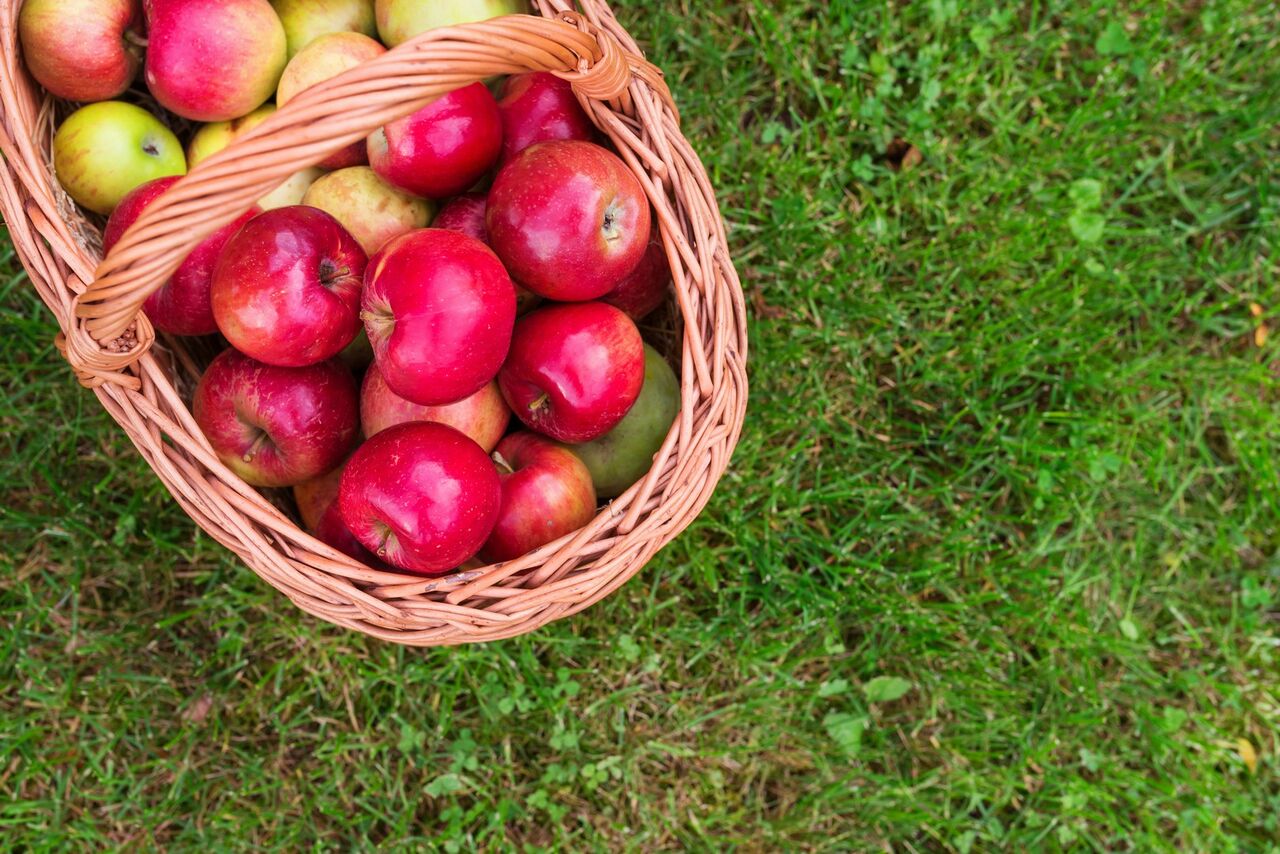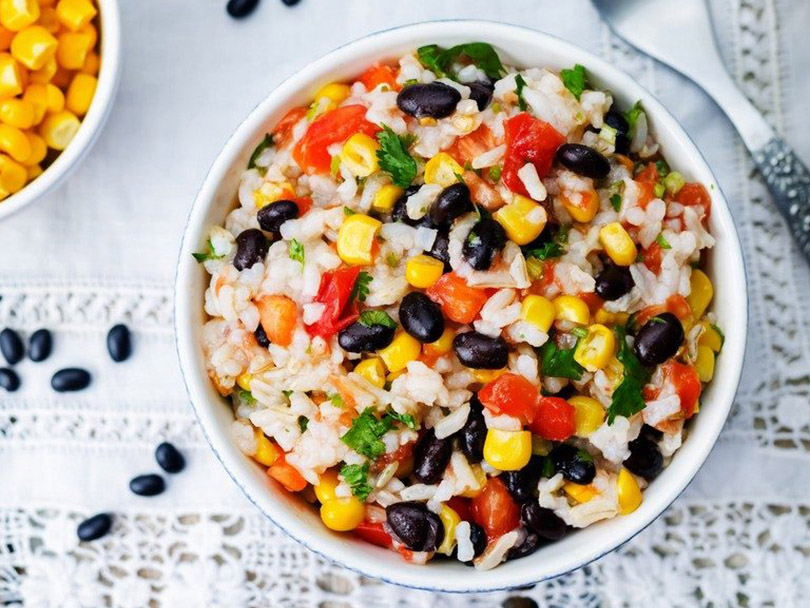diet
Incredible meal planning on a budget tips
Food expenses represent a large portion of the monthly family budget. Shopping at the grocery store, as well as eating at restaurants and other places, are significant costs that end up weighing heavily in the pocket. Of course, spending on food is essential and can not be reduced. But did you know that with an Incredible meal planning on a budget tips it is possible to save considerably on food?
Tips for healthy meal planning on a budget
Planning is important to vary the dishes throughout the week and guide the shopping, avoiding wastage and shortage of ingredients. Yes, there are simple – and efficient – attitudes that can be taken to save money and still avoid wasting at the table. Check out our healthy meal planning on a budget tips without compromising your family’s good nutrition!
Most people take advantage of Sunday rest to set up their weekly menu and already have them bought at the supermarket. And this is a good tip!
It is imperative that this menu planning is done according to the cheap healthy diet plan guidelines given by your nutritionist. But, if you have not yet consulted with a nutritionist, think about this possibility! The professional can help you a lot, including in the planning of the weekly menu.
Advantages of weekly meal planning on budget tips
It is important to note that menu planning is necessary to vary the preparations and to guide the cheap healthy meal plan with grocery list. But does not stop there! Below you check these (mentioned above) and other advantages of assembling your weekly menu:
Food variation: As nutritionist Paula pointed out, menu planning is important to vary the preparations. After all, no one can go on with a diet that eats almost the same foods every day!
Economy: With the weekly menu in hand it is possible to go to the supermarket and buy only the necessary, thus avoiding unnecessary expenses.
Time: with the weekly menu in hand, do not waste time, during the week, going to the supermarket, etc. Buy one ingredient or another that was lacking to prepare a certain dish. Just use the ingredients that are already at home to make the foods already determined on the menu.
Nutrition: Having a weekly menu, it is easier to get away from possible “temptations” (like sweets, fast food, snacks). Lack of planning leads people to consume products that are easy to prepare and lack nutritional quality, such as noodles, nuggets, frozen lasagna, pizza, etc. If there is a menu, it is easier to follow the diet.
No waste: going to the supermarket with the weekly menu in hand, buying only what is necessary, thus avoiding also the waste of perishable food.

Focus: It seems silly, but the act of weekly sitting down and organizing what your food will do throughout the week – which will include everything you like (of course, but that is healthy too) – will leave you more motivated to move on With your diet.
- Freeze food
That may seem like an insignificant measure, but believe me: a large part of the food economy can be obtained by freezing products. In fact, the process is a perfect ally not to weigh the pocket with unnecessary purchases and waste. The tip here is to freeze any leftover meals and excess food in the pantry (or that are not intended for immediate consumption). In this way, you preserve the food, keeping its quality intact, and still save a lot.
- Organize your supplies by expiration date
Instead of simply pushing the older products to the bottom of the refrigerator or pantry to fit the groceries from the month ahead, organize the food by the expiration date. By placing products that are closer to maturity or that have a short shelf life, you get these items to be consumed first (before they go wrong) and also avoid wasting them – which means more expense.
- Do not buy without need
Going to the grocery store to stock up on a single item that is missing in the pantry – and ending up coming home full of packed bags – is a temptation. Get away from the trap! Try to shop only when needed, avoiding unnecessary expenses. If you plan on feeding your family weekly, for example, start a new week by scheduling meals that bring in ingredients you already own. It sounds like a lie, but you’ll be amazed at how many interesting dishes you can create with the product choices you have in the refrigerator!
- Reuse products and meals
Everything that you have bought in the market – and that may be “leaning” on your shelf – can be reused. So do leftovers. The rest of the hot-dog sauce made in the afternoon snack, for example, can be reused to make the lunch pasta. Another tip is to know how to make the most of the vegetables: do not discard stalks, leaves and even peels. Everything can be used in other dishes such as creams, pastries, and cakes. In addition to adding flavor, these “leftovers” also contain much of the nutrients in these foods.
- At the time of purchase, give preference to the supermarket
When shopping for the month, opt for wholesale outlets like supermarkets. Consumers who buy products (albeit in smaller quantities) in bakeries, for example, end up paying 30% more for the same foods.
- At school: snacking, house snack
What do your children eat at school? If the answer is “they buy at the diner,” know that you’re missing out on a great chance to save on food – and even implement a healthier diet for kids.
Good tips for small snacks are brown bread stuffed with cheese, and various fruits cut into cubes (fruits that do not “darken” when chopped, such as strawberry, papaya, and watermelon, are the most suitable), natural juice, yogurts and wafer water Salt with jelly (preferably without added sugar). To carry the snack and keep it fresh, the use of lunch boxes and thermos bottles is indispensable. Take the test and start calculating your savings without buying ready-made snacks every day!
- Attention to the way of cooking
Yes, spending can also be beyond food – they may be in their way of cooking! Do not forget that it also influences your expenses. So, avoid waste in the use of gas, water, and electricity. Simple attitudes such as turning the oven on only at the required time, not letting the tap water open during all the time you are washing the food and avoid opening the fridge/freezer for too many times at a time can mean a big difference in your total expenses. Remember: there are other tips for healthy meal planning on a budget!
Taking simple day-to-day actions, such as those mentioned above, can make a huge difference in accounts at the end of the month. If you thought you could never save on food, review your concepts, practice tips, and observe the results. These are small measures like these that alleviate the final budget
What can not be missing from the menu and what should be avoided
It is necessary to repeat that we have foods that should and should not be consumed in the diet of those who seek to follow a meal plan. The tips for healthy meal planning on a budget are essential for the time to set up your weekly menu!
What can not miss: leafy salads, different vegetables and if possible, replace white rice with whole grain, 7 grains or quinoa.
What you should avoid: fatty foods like fried foods, sausages (sausage, sausage, ham and salami), sour cream, preparations containing too much oil or butter, fatty meats (ribs, termites, fat meats, skirt) Chicken, very yellow and creamy cheeses, sweets with creams and whipped cream, and carbohydrates with high glycemic index and low in fiber (sugar, foods prepared with refined flour such as pies, pasta, bread).













